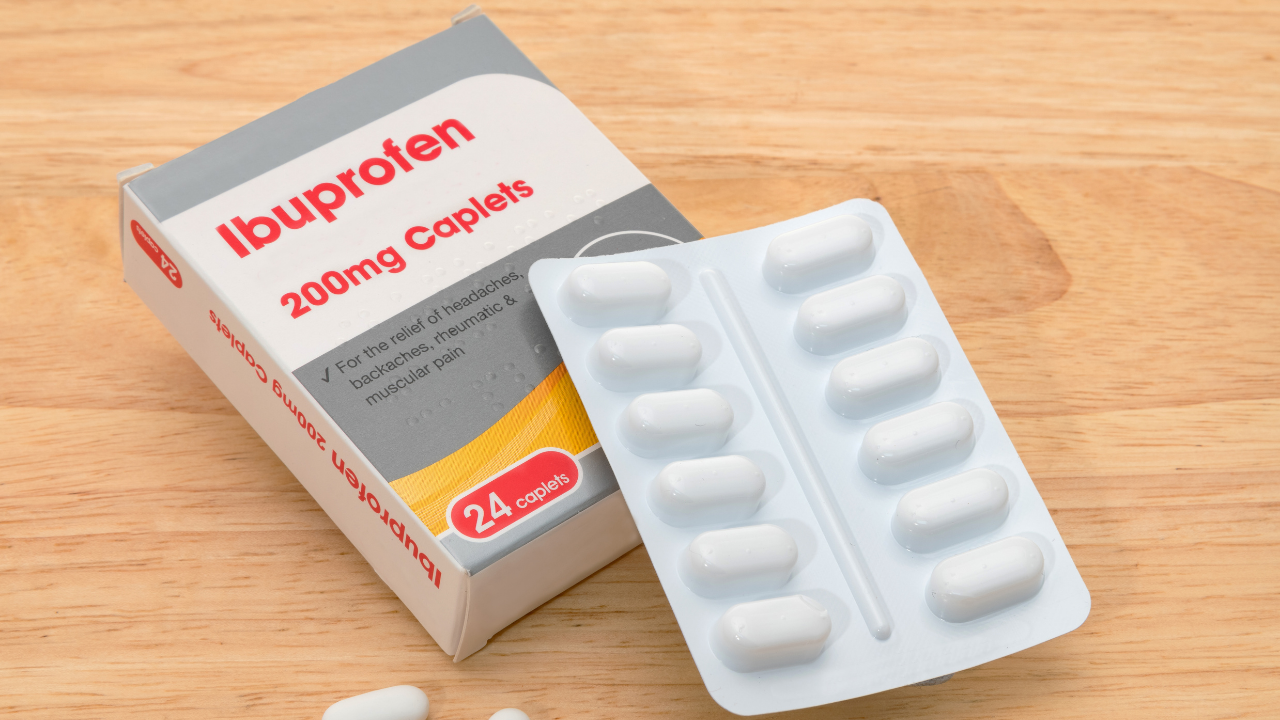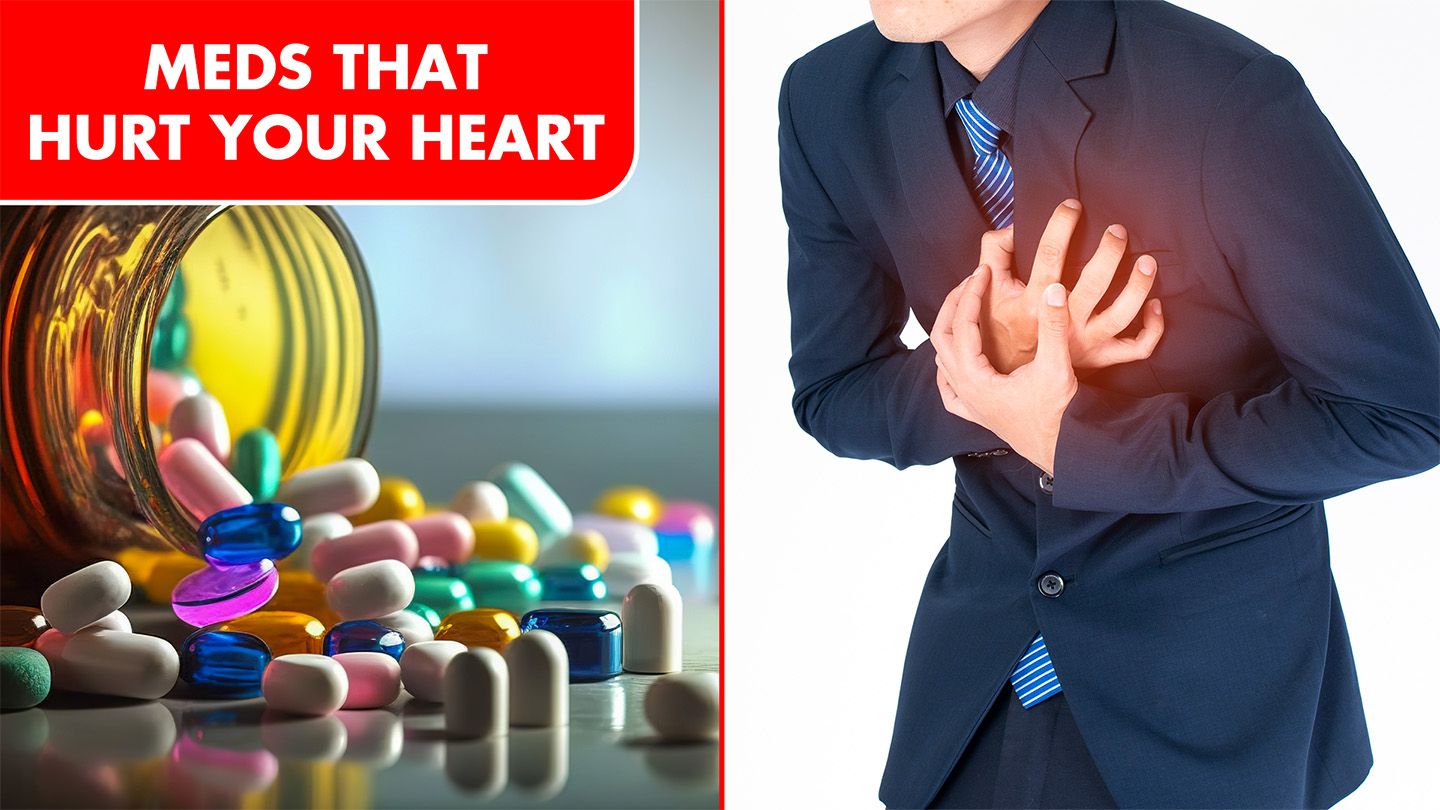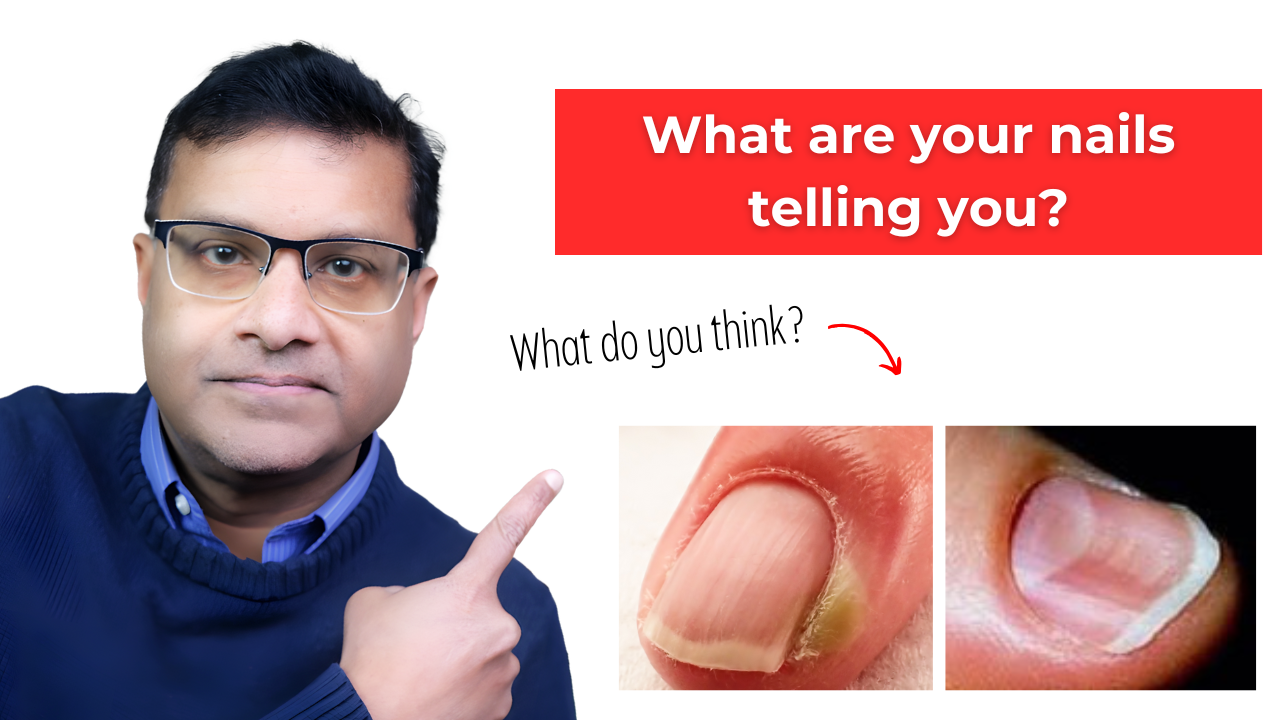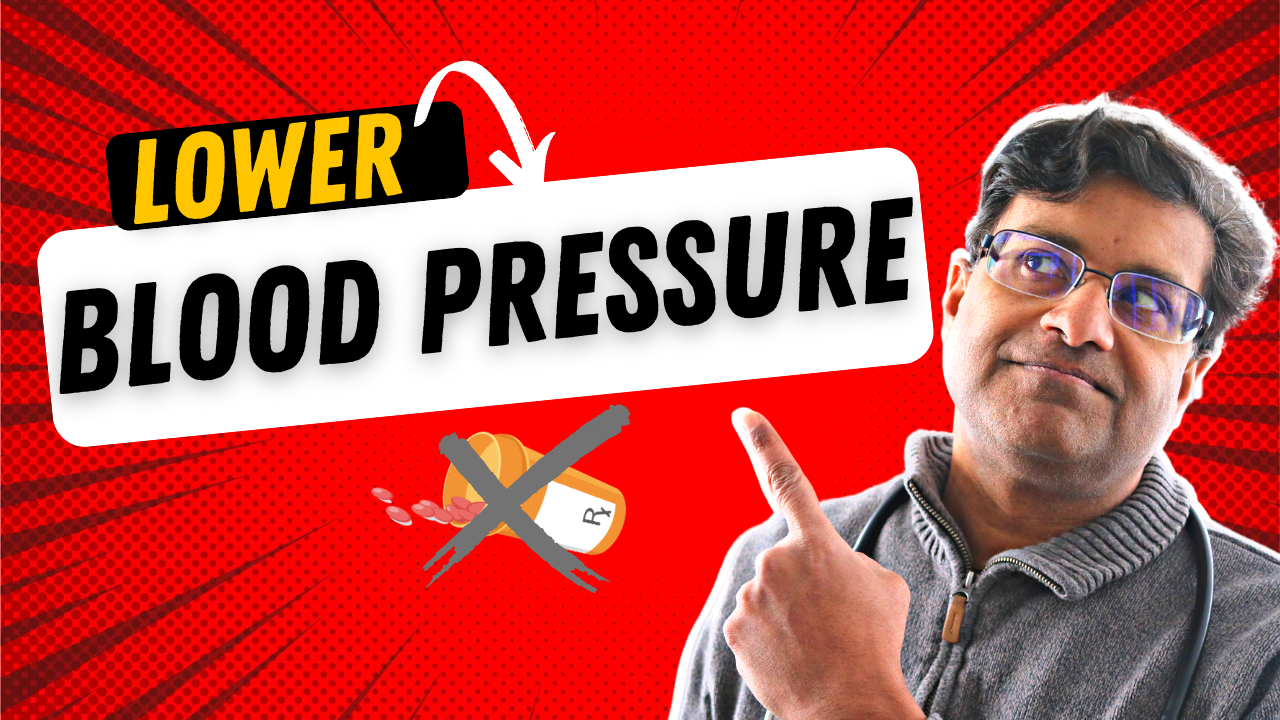Over-the-counter (OTC) medications are our go-tos when we have headaches, colds, or allergies. They easy to get because you don’t need a doctors prescription.
But can that be a problem. some OTC drugs come with hidden effects, especially for anyone concerned about blood pressure. Let us look at 6 common OTC meds that can raise blood pressure.

1.Decongestants – Breathing Easy, but at What Cost?
Examples: Pseudoephedrine, phenylephrine (found in brands like Sudafed and some cold/flu medications)
Decongestants work by narrowing blood vessels in your nose to reduce swelling and congestion. But here’s the thing: these drugs don’t only affect your nasal passages—they narrow blood vessels throughout your body. This makes it harder for blood to flow, increasing resistance and driving up blood pressure.
Analogy: Imagine a garden hose that’s kinked; it takes more effort for the water to get through. That’s similar to what decongestants do inside your body—they make it harder for blood to flow smoothly, which causes pressure to rise.
Tip: If you have high blood pressure, look for “decongestant-free” versions of cold medicines, or consider nasal saline sprays, which are safer alternatives.

2.NSAIDs – Relief for Pain, But It Can Weigh on Your Heart
Examples: Ibuprofen (Advil, Motrin), Naproxen (Aleve), Aspirin
NSAIDs are widely used for pain relief and inflammation. They can relieve a headache or sore muscles, but they also lead to water and salt retention in the body. When the body holds onto extra fluid, blood volume increases. Imagine filling a balloon with more water—the pressure inside rises.
How They Impact Blood Pressure: This water and salt retention increases blood volume, causing higher blood pressure. NSAIDs can also reduce blood flow to the kidneys, which plays a key role in blood pressure regulation.
Suggestion: If you have high blood pressure or take blood pressure medications, consider alternatives like acetaminophen (Tylenol), which doesn’t impact blood pressure the same way.
3.Caffeine-Containing Pain Relievers – Wake Up Your System (and Your BP)
Examples: Excedrin, some headache relief medications
Caffeine is often added to pain relievers because it boosts their effectiveness. However, caffeine is a stimulant, meaning it “speeds things up” in the body. It makes the heart beat faster and constricts blood vessels, leading to a temporary spike in blood pressure.
Analogy: Think of your heart as a car engine. When caffeine is added, it’s like pressing the gas pedal; your heart works harder and faster, raising blood pressure.
What to Do: If you’re sensitive to caffeine or have high blood pressure, look for “caffeine-free” labels on medications. You might also want to monitor your caffeine intake from other sources like coffee, tea, and energy drinks.
4.Antihistamines – Allergy Relief That May Affect Blood Pressure
Examples: Diphenhydramine (Benadryl), Chlorpheniramine (Chlor-Trimeton), and many combo allergy medications
Antihistamines block histamines to help reduce allergy symptoms like sneezing and itching. While they’re great at calming allergies, they can sometimes increase blood pressure, especially if combined with decongestants.Antihistamine alone are not likely to increase blood pressure, but they are often combined with other cold or decongestant medicines which can increase blood pressure.
Advice: If you have allergies and high blood pressure, consider “antihistamine-only” meds without decongestants, or consult with your doctor for safe options.
5.Weight Loss Pills – Fast Track to Higher BP?
Examples: Various diet pills, especially those with caffeine or other stimulants
Weight loss pills, especially those containing stimulants, are designed to increase metabolism and energy. They often contain caffeine or other compounds that make the heart work harder, which can result in higher blood pressure.
How They Work: Stimulants push your heart rate up and increase blood pressure. Imagine sprinting up a steep hill; your heart and blood vessels are under strain.
Safety Tip: Before starting any weight loss supplement, talk to a healthcare provider, especially if you have hypertension. Natural weight loss through diet and exercise is usually safer and healthier in the long run.

6.Cold and Flu Combo Medications – A Perfect Storm for High Blood Pressure
Examples: Multi-symptom cold and flu meds (NyQuil, DayQuil, Theraflu)
These combo medications are convenient because they address multiple symptoms like cough, congestion, and fever all at once. But the problem? They usually contain a blend of decongestants, antihistamines, and NSAIDs—all of which can raise blood pressure on their own. Together, they create a stronger effect.
Analogy: Think of these ingredients like stacking weights on top of each other. Individually, they’re manageable, but when combined, they can cause a noticeable increase in blood pressure.
Smart Choice: Check labels for “high blood pressure-friendly” options, or talk to a pharmacist about safe alternatives. Often, treating each symptom separately with safer options is better for blood pressure management.
Quick Tips for Staying Safe with OTC Meds and High Blood Pressure
- Read Labels Carefully: Look for warnings about blood pressure or heart conditions.
- Opt for “BP-Friendly” Versions: Many OTC brands offer options specifically labeled for people with high blood pressure.
- Limit Caffeine Intake: Be cautious with caffeine-containing meds if you’re sensitive to it or if you have high blood pressure.
- Ask a Professional: When in doubt, a quick chat with a pharmacist can help you find safer alternatives.
Stay Hydrated: Sometimes, mild pain and headaches can improve with water, rest, or a gentle walk instead of medication.
You can watch the whole YT video here!
Sources:







